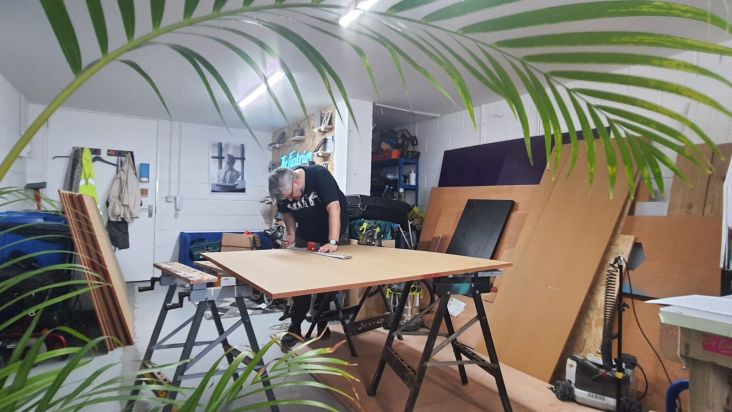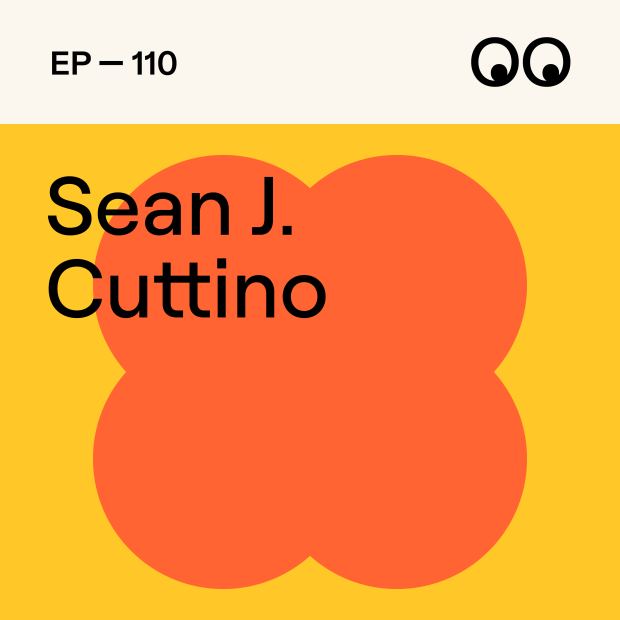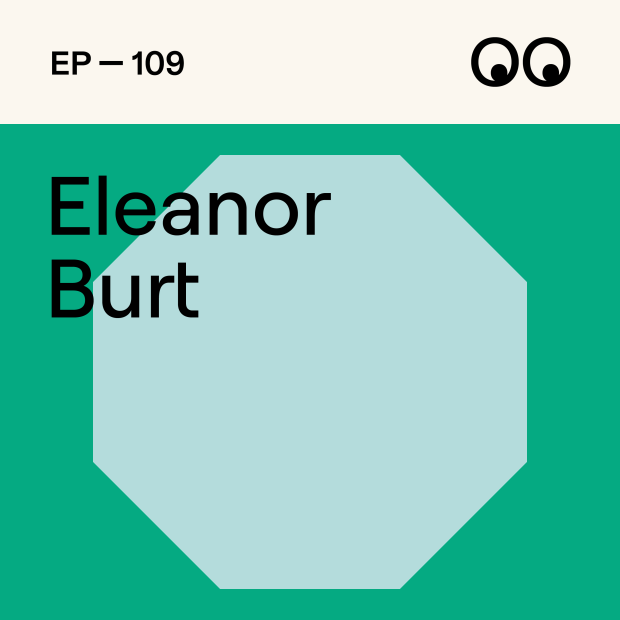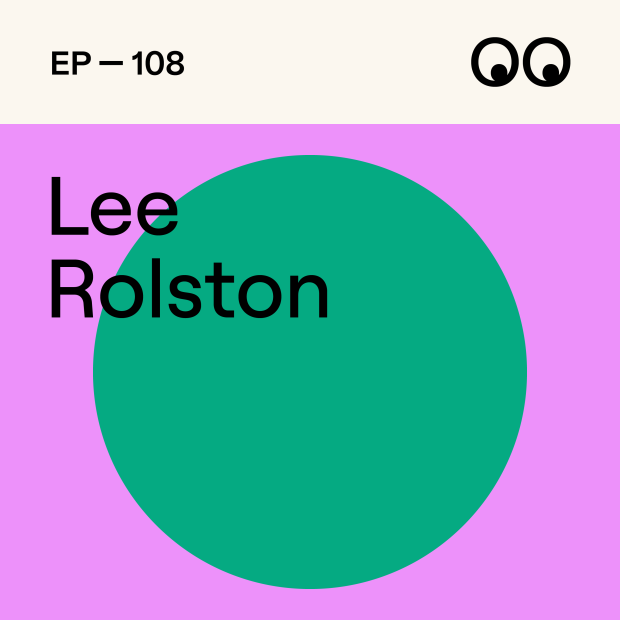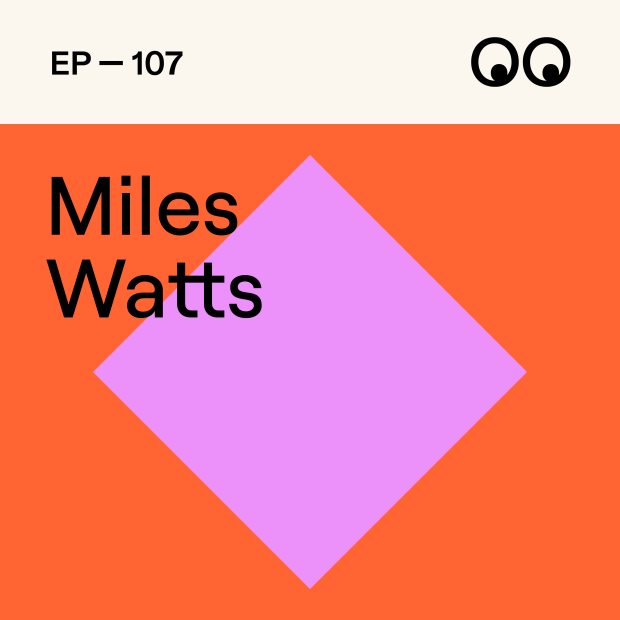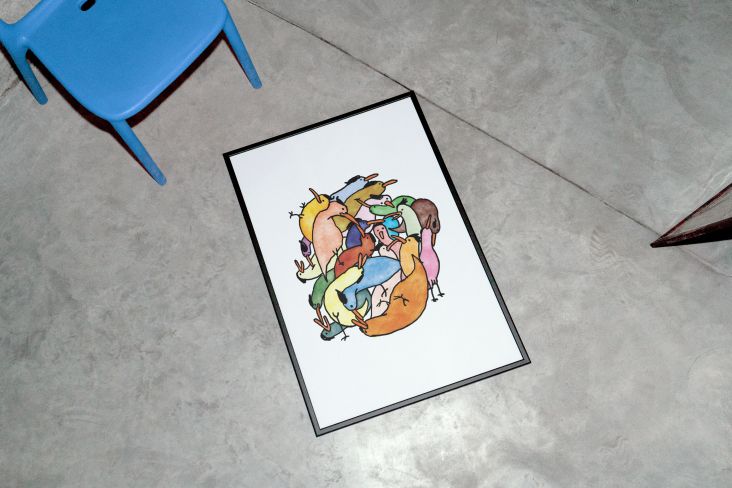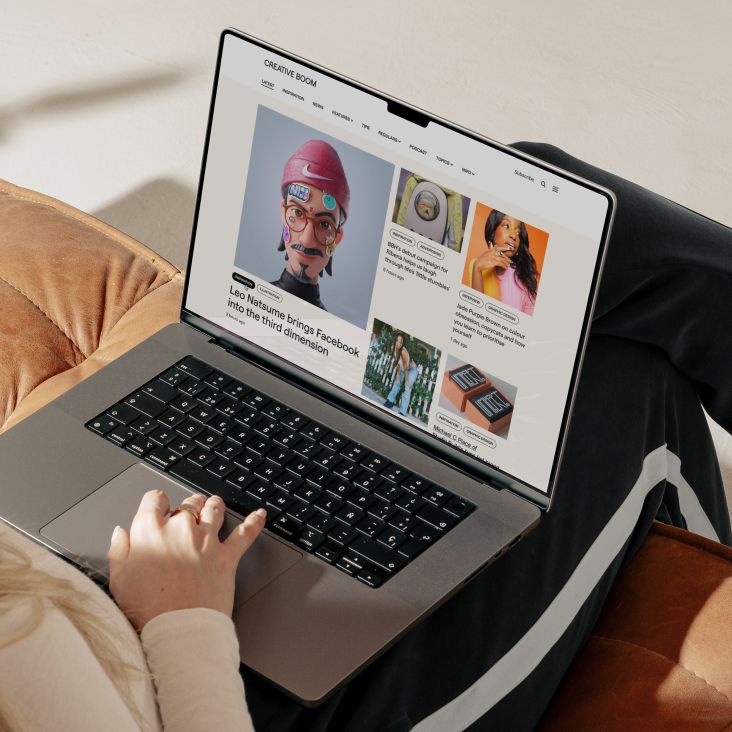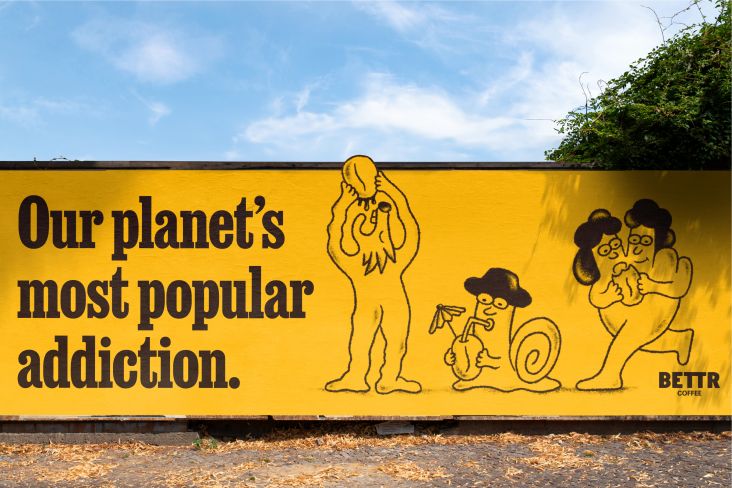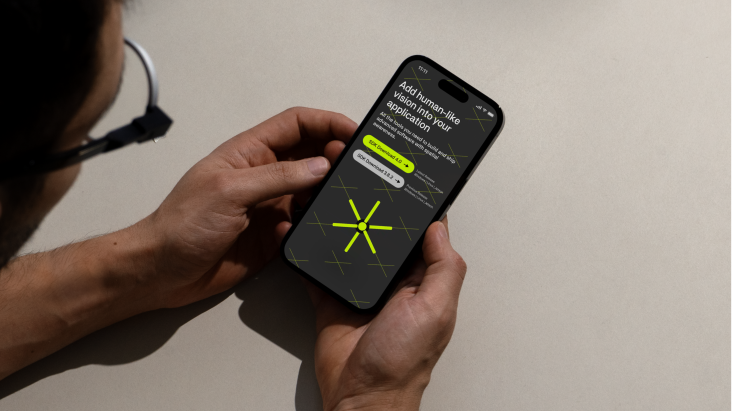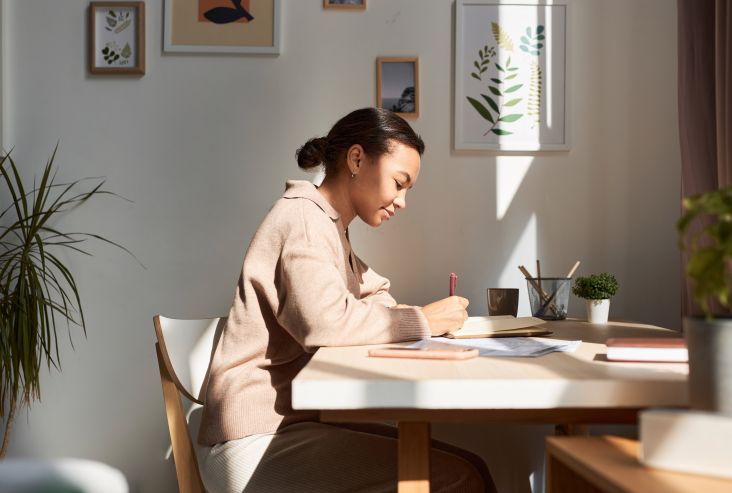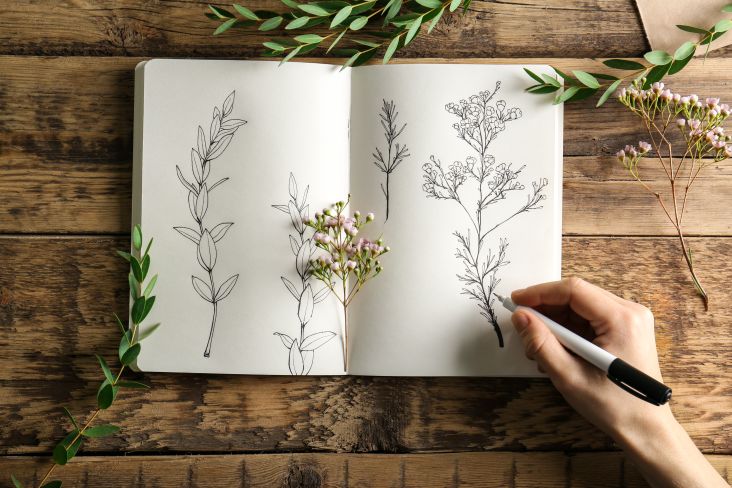The creative's guide to switching off, relaxing and feeling guilt-free this Christmas
We creatives often don't like to take time off: it makes us feel stressed, guilty and like a failure. Leading voices from the community discuss why that's all wrong and what we should do instead.

Image licensed via Adobe Stock
Christmas is coming, and all around the land, people are eagerly awaiting the chance to get some time off work. After all, what's not to like about hitting the sofa, putting your feet up, opening a box of chocolates, and doing absolutely nothing for a couple of days?
Unfortunately, there is a group of people who struggle with this simple task. And many of them are creative professionals.
Have you ever felt guilty about taking a break from your creative work? If so, you wouldn't be the first. It's natural to think every minute not spent at your desk is a missed opportunity. But is that really the case? Or are we just fooling ourselves, strip-mining our minds and bodies of energy, and building ourselves up for eventual burnout?
To get a rounded view of this issue, we canvassed a range of creatives and sought their opinions, insight and anecdotes. We share some of their best advice below, and if you want to read the full set of responses, check out the relevant threads on LinkedIn and Twitter.
Why creatives don't take breaks
We'll start by addressing the crux of the matter. Why don't creatives want to take breaks? One part of the answer is the work culture surrounding much of the profession today.
"Unfortunately, there's a pervasive myth that if you're not always working, then you're not a 'real' creative, whether that's slogging away late into the night or spending your free time developing a side hustle," says designer Matt Busher.
"Scrolling through my feed, I've lost count of the number of posts celebrating dubious work ethics. 'The secret to success? Just 5 hours sleep!'. 'Transform your side hustle into a 6-figure income with these three steps!'. It's an unhealthy attitude, but particularly pervasive within the creative sector."
Matt offers an example of what this looks like in practice. "Years ago, I interviewed for an agency role and was told I wouldn't be a good fit because I didn't have a side hustle," he recalls. "At the time, I was renovating my house in my spare time: learning how to plaster, fix a leaking roof, move radiators, rewire a room – all useful skills I'm very proud to have learned – rather than making prints or throwing pots."
That interview turned out to be one of his chief motivations in starting his own practice and trying to develop a better work-life balance. "I still get occasional pangs of guilt when I take time off, though," he adds. "I have to remind myself that it's okay to go for a walk, read a book, or bake some bread and that it's okay to not be 'busy' working all the time."
Guilty thoughts
Matt's refreshing honesty (admitting that even he struggles to follow his own advice sometimes) is instructive here. Because, at a logical level, we all know that taking breaks is okay. But we still feel an instinctive pull away from doing so. And for many, the cost of living crisis has made these feelings even more heightened.
"With this year not being the greatest, as we all know, I absolutely feel guilty for not trying to fill all of my spare time with design tasks," says designer Kevin Lloyd. "Having been locked in on design for over 25 years, it feels almost like cheating your partner to want to start doing other things."
For this reason, Kevin decided he needed another pastime outside the creative industry and began learning Italian this year. "I only do about 15 to 20 minutes of study daily, usually just before bed," he says. "It's really helped me switch my mind off from work. I will also switch off completely soon for the Christmas break until the new year and come back fighting fit!"
The need for rest
The phrase "fighting fit" really goes to the heart of the matter. Because ultimately, if you don't take sufficient time off, you're going to end up suffering either mentally, physically, or a combination of the two.
Brand consultant Sean Kirkpatrick explains why. "The human brain is like any other muscle," he points out. "If you overload it and continue to push it beyond its means, without the necessary rest and recovery it needs, you'll inevitably damage it over time. This is even more pertinent when working within the creative world. Our brains need time away from problems to find their creative solutions.
"I learned this over time," he adds. "Starting out and working at big agencies, there was an unspoken pressure to work to the extreme, whether coming in early, staying late or eating lunch at the desk. However, the proof is in the product. I found that knowing when to stop meant that my work improved over time, not to mention my ability to do it."
Burdened by burnout
Conversely, your work will inevitably suffer if you don't take enough breaks. And eventually, you could be dealing with total burnout.
"I'm currently dealing with this situation right now," says product designer Kalsoom Syed. "I pushed myself too much for years and can no longer feel the connection that brings out my innate creativity. It takes a toll on you when the connection you've built over the years suddenly gets interrupted. Without it, you don't know who you are. So I quit my job, and I'm taking a break for a while, trying to find the spark again. Hopefully, it will come soon."
So why does burnout happen, exactly? "It's scientifically proven that the unconscious mind is just as active as our conscious," notes illustrator and hand lettering specialist Ben Tallon. "But if we leave no time for it to process all the things we consume each day through the senses, then we won't benefit from the work it can do for us.
"If we reach for our phones in any given moment of peace, we allow the white noise of an overworked, overstimulated brain to take over. Then, we become scatterbrained, burned out, and ultimately unwell. Scheduling active downtime is essential for optimal creativity; it's just as important as doing our accounts and meeting client deadlines. If we don't, we risk stagnation and a loss of the love for our craft."
Even if you avoid burnout, overworking usually has other negative effects, too. "I used to work three to four hours a night, every night, on side projects or additional work," recalls Ben Mottershead, founder of Studio BND. "I did this pretty consistently from the ages of 22 to 26. I'd get home from work, have dinner and then from nine until 12, 1am. I'd stick a film on and just keep chugging."
But there's no such thing as a free lunch, and Ben ended up paying for lost opportunities. "The amount of life stuff I missed in that time was incredible," he reflects. "Parties, trips to the pub with friends, evenings out… all because I developed a very unhealthy obsession with working hard, not smart. I obviously learned a lot during that time, but I also became very tunnel-visioned. I confused working very hard with advancing myself, two things which aren't always exclusively mutual."
Breaks create ideas
Now Ben's older, he's realised that creativity isn't developed within a cocoon in front of a computer screen. "You can only communicate life to other people and empathise with their stories if you're experiencing life yourself," he reasons. "Consequently, I rarely pull overtime and never work at the weekend. I've switched my thinking to one of inspiration and influence, and away from just grafting away on software."
Conversely, people often get their best creative ideas, quite unexpectedly, when they're on a break. Artist Simon Buckley offers an example.
"My photography project Not Quite Light emerged one evening when out ambling about the Irk Valley with a friend, who was walking his dog," he remembers. "We'd talked of the city's history, and as I noticed light from the nearby Co-op headquarters fall across the gravestones of St Michael's Flags, a simple thought occurred: if this light could magically bring these souls back to life, what would they make of their city today?"
"It was there that began an exploration of themes around transition and regeneration during the twilight of dawn and dusk," he adds. "Those times of suspense between night and day, between light and dark, from old to new."
And it's probably no accident that this idea formed when Simon was away from his desk. "With creative work that keeps your brain engaged all the time, it's irrational to expect a constant flow of ideas, 100% concentration and non-stop projects," reasons freelance copywriter Emilia Barbu. "Often, it's during breaks that these ideas come to us. And even if they don't, it's good to remember we are not defined by our efficiency, neither does our life hang by the thread of our constant brilliance. It's okay to stop, to think, to not think, to fail and so on. In fact, it's actually necessary."
Avoiding self-sabotage
But while this reasoning all makes sense, that doesn't always stop us from doing the opposite in practice. So why do we sabotage ourselves in this way? Radim Malinic, ECD and co-founder of Brand New Studio, believes it goes much deeper than just surface-level.
"We work ourselves into the ground for many reasons, and creative work is only the vehicle, not the culprit," he believes. "Our insecurities, whether inner or financial, our anxieties and our longing for acceptance are the fuel we burn long into the middle of the night. When we deal with others who may be collaborators or clients, the mental payload only gets heavier. There's only one way to make it lighter: walk away from it all for a little while. Process it. Switch lanes. Make the right choices for you."
The good news is the experience of countless creatives shows that this works. "I've been slowing down for the past two months, and the difference in my energy, motivation and creativity is unbelievable," says Chloe Marie Doyle, digital designer and host of the Chatty Freelancer Podcast. "Instead of filling my time with work, I've been nurturing my health, taking time to cook, going long walks, reading and keeping on top of life admin." As a result, she feels less anxious and stressed. "And I don't feel like life is flying by because I'm enjoying the quieter days without feeling obligated to fill them."
She's also found other things that bring her fulfilment outside of work. "Before, I thought my work was the only way to enrich my life," she says. "But I couldn't have been more wrong. Now, I love nothing more than taking a few hours on a Monday to listen to music and cook my meals for the week. That's the other thing: I've found so much time to look after my health, which is probably why I can show up better for work. I wish I had slowed down sooner, to be honest."
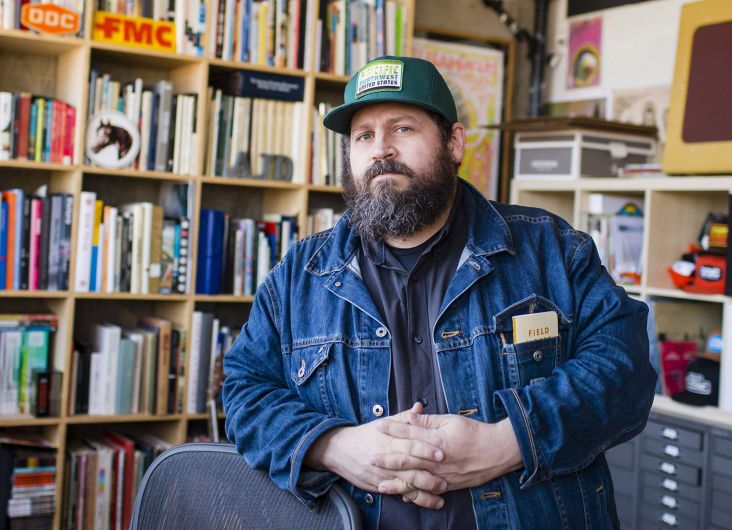


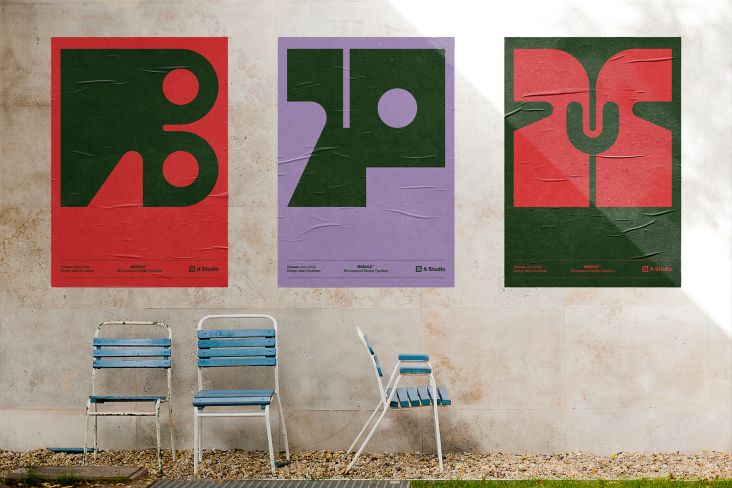
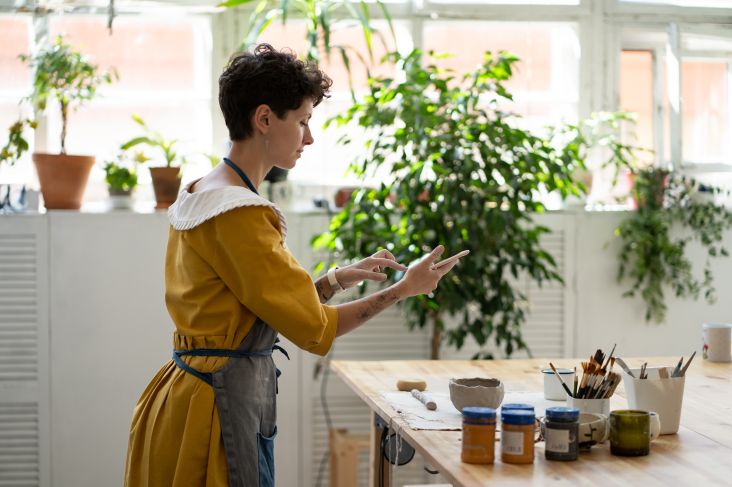
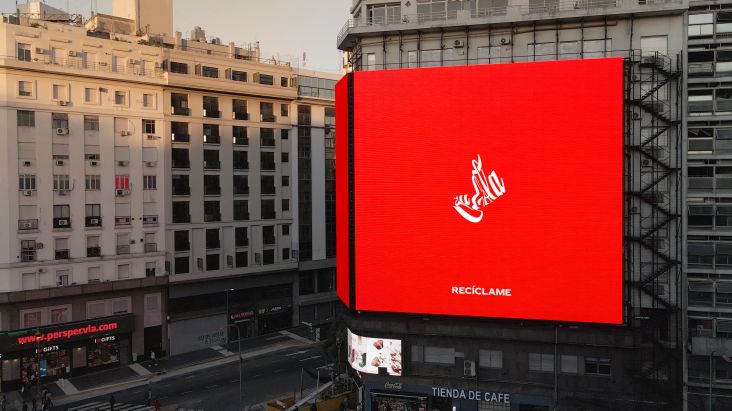
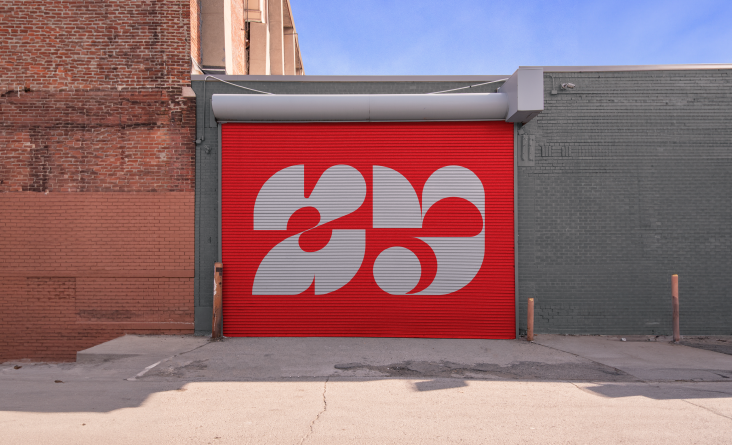
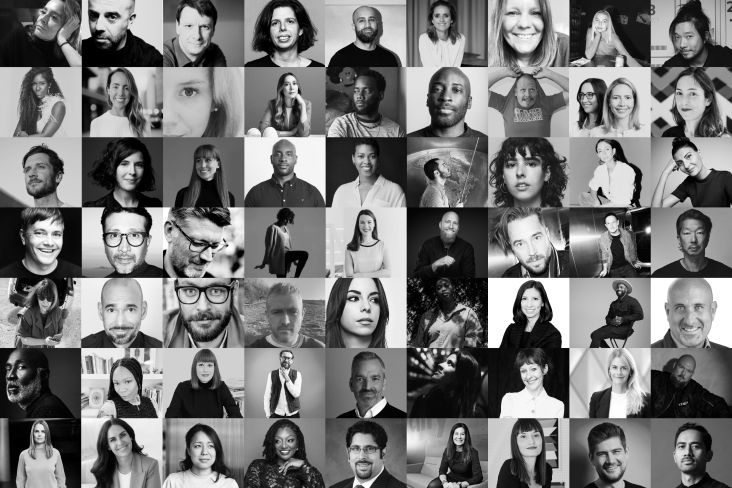
](https://www.creativeboom.com/upload/articles/86/862919952c0ad18439004228895a431dc6e45ffc_732.jpg)
